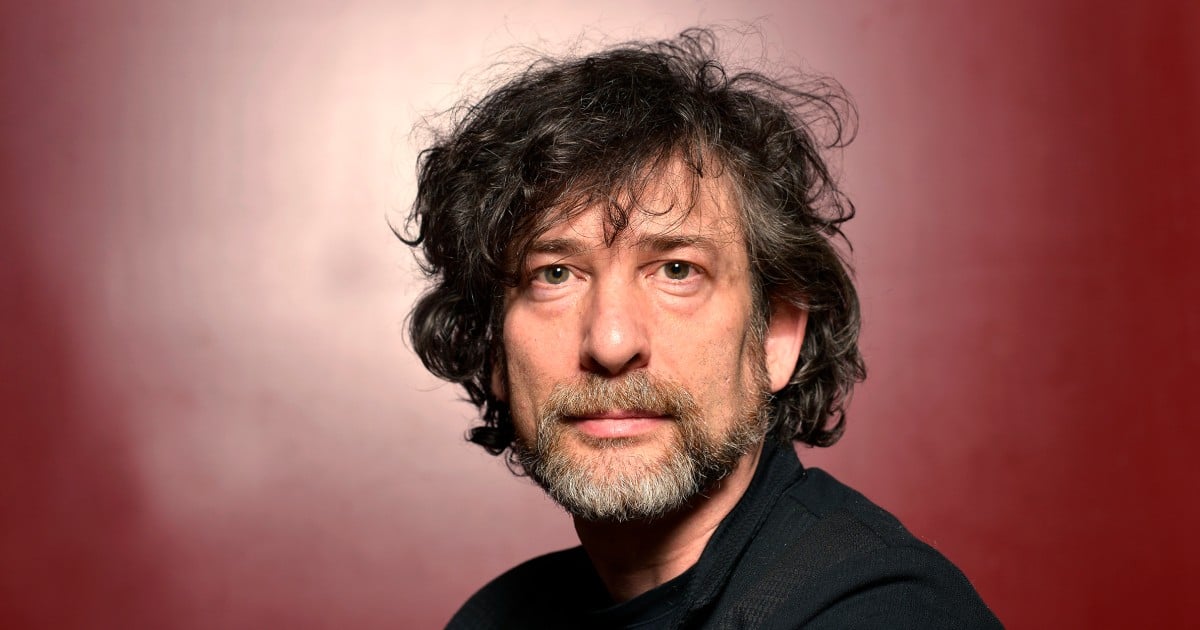Leaked emails show organizers of the prestigious Hugo Awards vetted writers’ work and comments with regard to China, where last year’s awards were held.
Organizers of the Hugo Awards, one of the most prominent literary awards in science fiction, excluded multiple authors from shortlists last year over concerns their work or public comments could be offensive to China, leaked emails show.
Questions had been raised as to why writers including Neil Gaiman, R.F. Kuang, Xiran Jay Zhao and Paul Weimer had been deemed ineligible as finalists despite earning enough votes according to information published last month by awards organizers. Emails released this week revealed that they were concerned about how some authors might be perceived in China, where the Hugo Awards were held last year for the first time.



Fwiw, this is not a case of China stepping in and censoring anything about the awards. Rather, it’s a case of the Hugo administration in the West self-censoring their nominees because they feared China might step in if they didn’t get ahead of the curve.
Of course, that doesn’t really change the situation, but we shouldnt get the story twisted here. The blame falls on the administrators who were so afraid of a threat that they imagined that they caved to non-existent demands, rather than the Chinese (at least for direct fault, since you could argue the Chinese government’s policies indirectly led to this situation and I wouldn’t fight you on that).
Your point would be more reasonable if we didn’t have a precedent of things like that happening with them before. I’m not saying the administration isn’t to blame, as well. But acting like they shouldn’t be concerned about repercussions is disingenuous, at best.
How do we know that? It might well have been part of the agreement to host the awards, a direct or indirect request not to allow certain authors, books, or topics deemed offensive to the CCP.
file770 article written by two journalists who reviewed the committee’s emails after one of said committee leaked them to atone for her role in the controversy.
Feel free to read the whole thing. It doesn’t take long. If you prefer primary sources, the work-product they refer to is linked within the report. The conclusions the authors draw seems sound based on the evidence. Sure it’s possible that the CCP meddled “off-the-record”, but to assume that in contrast to what the evidence states seems like hunting for a Boogeyman to confirm our prejudices.
Sorry, that dog ain’t going to hunt.
You realize the gaming industry went through something similar along these lines not so long ago? There’s a repeated pattern of this happening.
You’re making an assumption that verbal conversations, ‘off the record’, didn’t happened beforehand.